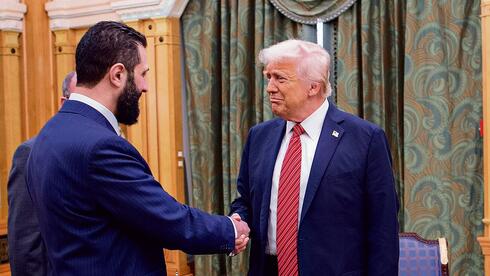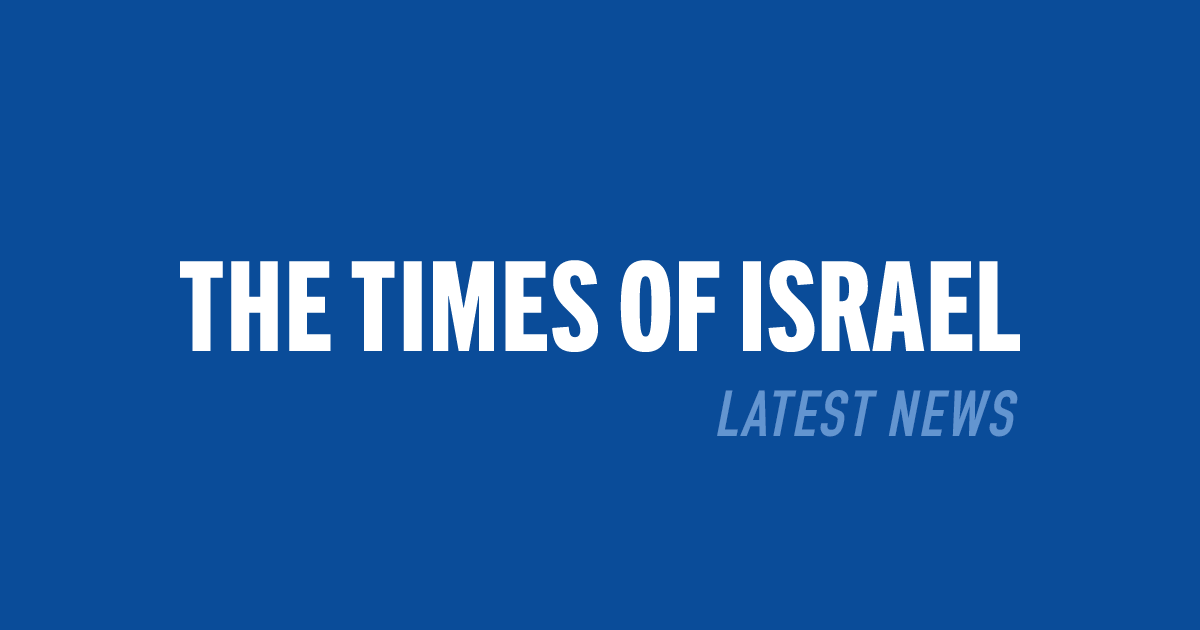Iraqis are heading to the polls to elect a new parliament, but widespread apathy and low expectations dominate the political atmosphere. Despite visible improvements in infrastructure and a slight rise in public confidence under Prime Minister Mohammed Shia Al-Sudani, many citizens remain skeptical that the vote will bring meaningful change, citing entrenched power structures, corruption, and a lack of credible alternatives. The country's Muhasasa power-sharing system, which divides top positions among sectarian groups, is widely blamed for reinforcing elite rule and limiting genuine competition, even after recent reforms. Analysts warn that low voter turnout could further entrench the status quo, deepen public disillusionment, and risk future instability, while regional powers like Iran and the United States continue to vie for influence in Baghdad. As Iraq enjoys a rare period of calm, the election is seen as a test of whether the country can move beyond ritualized politics toward real reform and broader representation.
 image sourced from original article at https://www.arabnews.com/node/2622132/middle-east
image sourced from original article at https://www.arabnews.com/node/2622132/middle-eastOriginal article source: https://www.arabnews.com/node/2622132/middle-east
Source Id: 2025-11-888768132




